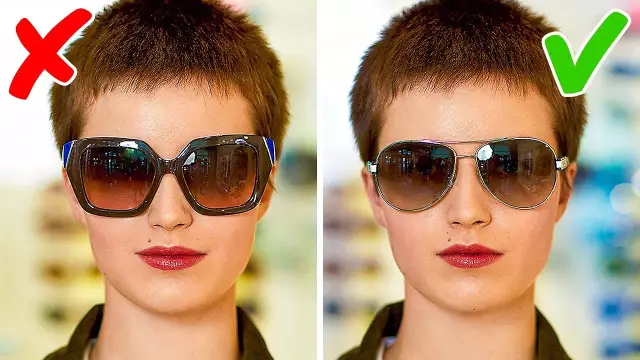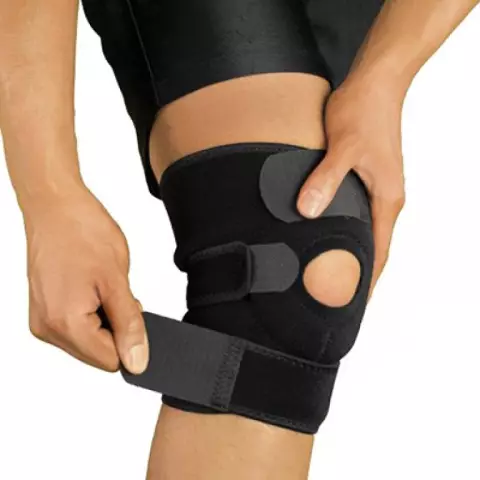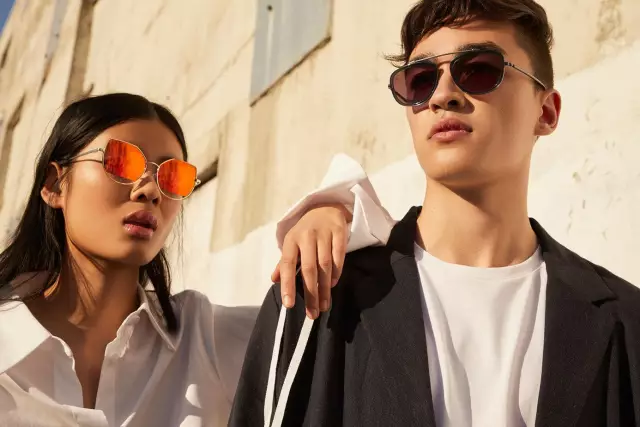- Author Rachel Wainwright [email protected].
- Public 2023-12-15 07:39.
- Last modified 2025-11-02 20:14.
How to choose sunglasses

Sunglasses can be a fashion accessory or a must-have item, but if you choose the right glasses, they are quite capable of combining the two functions. What to focus on when choosing? Which parameters are most important and which can be neglected?
In order to choose the right glasses, you need to clearly understand for what purpose you need them, since filters of different powers are intended for different types of lighting. In total, 5 groups of filters are distinguished - from zero to fourth:
Group 0 - glasses either do not protect the eyes at all, transmitting the entire spectrum of UV radiation, or retain no more than 20% of the light. Used as decorative or to be worn in cloudy weather to protect from rare sunlight breaking through the clouds;
Group 1 - let through from 43 to 80% of the sun's rays, suitable for not too bright sun, for example, for summer in northern latitudes, or autumn-spring days in southern latitudes;
Group 2 - let in from 18 to 43% of the sunlight, suitable for normal sunny weather;
Group 3 - let in from 8 to 18% of the light, glasses with such filters are designed for bright summer sun;
Group 4 - from 3 to 8% of the light can pass through them, filters of this power are suitable for spending time by the sea and in the mountains - where the sun is brighter than usual due to reflection from water or snow.
When choosing glasses, you need to understand that more powerful in this case does not necessarily mean better. For example, glasses of the 4th group are not suitable for wearing in normal conditions, they make the eyes strain too much, and when driving a vehicle, they can cause poor visibility and create an emergency situation.
The unwanted UV spectrum for the eyes is the wavelength in the range of 290-380nm. Therefore, the best protection is provided by glasses with UV-400 marking, which means that this type of lens does not transmit spectral waves less than 400 nm. The color of the lenses also matters, although not too much compared to other parameters. The most favorable for the eyes are lenses of green, gray and brown, less desirable - blue, pink, purple, yellow.
When thinking about how to choose glasses for sun protection, be sure to pay attention to the size of the lenses. The larger the lenses, the more completely the field of view is closed, the better the eye is protected. Small glasses, narrow or round, which periodically come into fashion, can be used only as a decoration, fashion accessory, but as protection from the sun, they are undesirable, since the lateral fields of view remain open to sunlight.
Manufacturing material. For some reason, it is believed that it is better to choose glasses made of glass as "more natural". In fact, glass glasses are currently inferior to plastic ones in all respects, and are unsafe for children.
And the last thing. Remember that cheap, substandard glasses do not protect your eyes from the sun, but rather damage them. Therefore, if you do not have the opportunity to choose good quality glasses, it is better to do without them altogether, relying on a natural mechanism to protect the eyes from too bright light.
Found a mistake in the text? Select it and press Ctrl + Enter.






